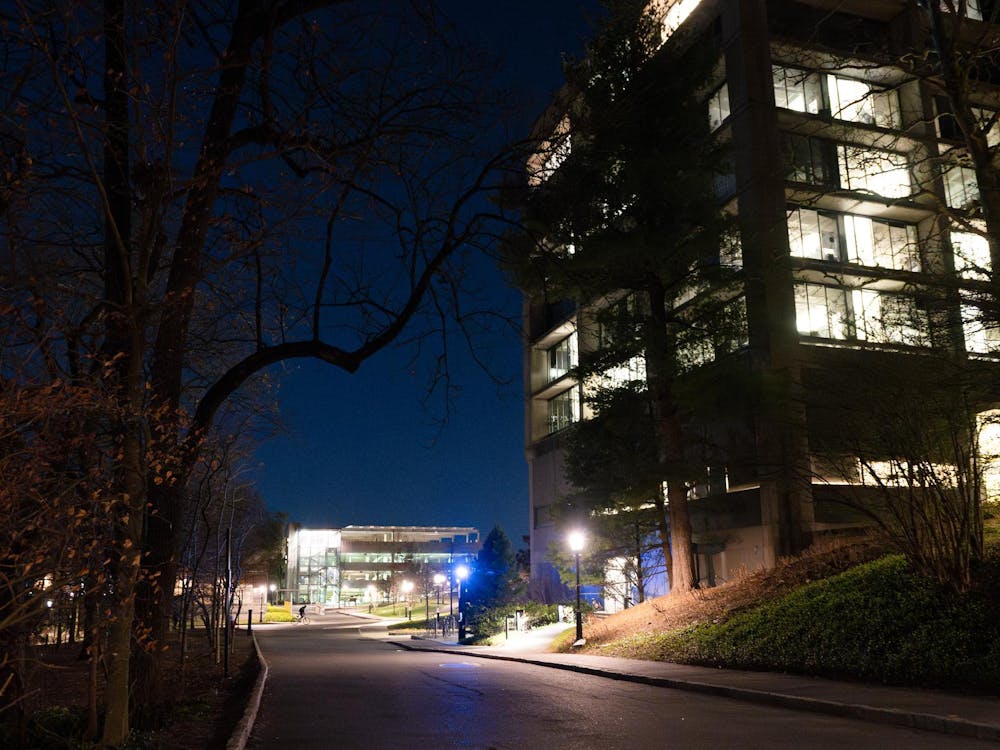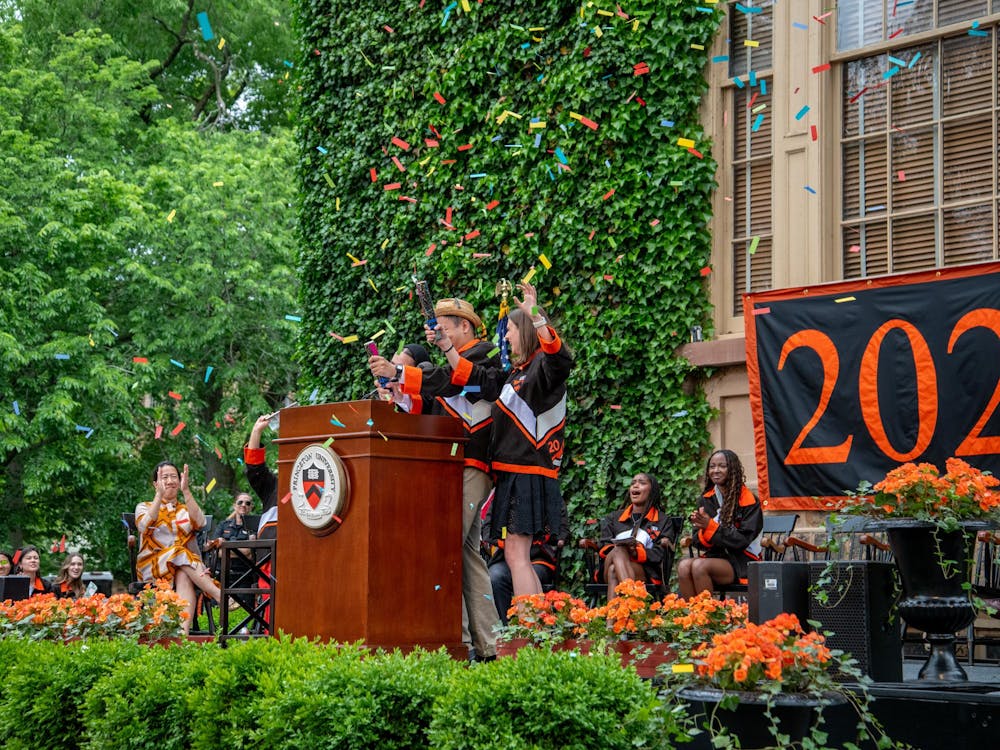We commend the University’s undertaking of a large number of measures to ensure student safety during the storm. Constant notifications were actively distributed through multiple communication lines, keeping students informed on University conditions. While some might believe the volume of communication was excessive, all information provided helped to maintain the safety of students remaining on campus. The University also took preventative measures once the storm began, preemptively switching its power supply to a cogeneration plant and clearing away dangerous debris.
The administration efforts in the aftermath of Hurricane Sandy are also laudable. Dillon Gymnasium and Firestone Library reopened quickly, allowing students to resume their normal routines. Dining options on campus were barely restricted, as Rockefeller College Dining Hall remained open throughout the course of the storm. To help students return to campus, the University established a shuttle service to replace the inoperative Dinky.
Due to the administration’s praiseworthy response to Hurricane Sandy, the University emerged from the storm relatively unscathed. Communities in our vicinity were not as fortunate; several lost power and ran short of essential commodities. To assist our beleaguered neighbors, Princeton-affiliated groups organized various relief efforts. The timeline of these events was impressive, as students received notifications about volunteer opportunities immediately after the storm. Unfortunately, there was insufficient need to justify these efforts. A Sandy Relief Reception at the Friend Center was canceled because of low community turnout, even though students showed strong interest in volunteering for the event.
Princeton should have done a better job assessing the needs of our neighbors. New York inhabitants faced severe difficulties in Sandy’s wake, as did several townships along the New Jersey coast. Our enthusiastic and available student body could have made a significant difference in rebuilding those communities. Instead of looking provincially, relief organizers should have explored other options, for example providing transportation to hard-hit areas and collaborating with volunteer groups already working in those areas.
It is worth noting that Princeton has created a Sandy Relief Facebook page with several relief opportunities, and students are now doing a better job of organizing events that more directly answer to the needs of those affected. These new events and initiatives reflect careful thought and planning rather than an attempt to do something just to do it. Though we commend all the efforts to help those in need and do not question the organizers’ intentions, student groups and the campus community should take away a valuable lesson from this experience and consider the feasibility and applicability of volunteer events more carefully in the future.
Brittany Sanders recused herself from the writing of this editorial.







